Don't Let Fear of Saying the Wrong Thing Keep You From Saying Anything At All
Wise advice from Alisyn Camerota on grief, A Tale of Four Cities, and the Family Heart Global Summit. Also: writing and book news.
Hello, hello!
A huge welcome to all my recent subscribers. Many of you have found me through our new literary magazine, IN A FLASH. I’m honored to have you here. Come on in, have a look around, check out some of my previous posts, and let’s get to know each other.
Or maybe you agreed to be on the launch team for my forthcoming memoir, The Full Catastrophe: All I Ever Wanted, Everything I Feared, and if I haven’t said it enough, I’m beyond grateful for your support.
News of the Day
As mentioned above, the highlight of my writing life these days (aside from the work it takes to release a book) has been the launch of In a Flash, a Substack lit mag for flash creative nonfiction of 500 words or less, founded by editors Leanne Rose Sowul, Nina Lichtenstein, Cynthia Allen, Kate Lewis, and me. I’ve just finished reading the first month’s submissions, and I can confidently say we have many contenders for the coveted spot of January’s featured author. More to come! Next month’s theme (submissions open November 1 - 15) is “Body.”
In other writing news: October brought a reprise of one of my favorite things I’ve done as a writer—a second virtual visit to Morgan Baker’s creative nonfiction class at Emerson College. Morgan’s memoir, Emptying the Nest: Getting Better at Goodbyes, was released in May 2023. These classroom visits are always a high point for me, with the opportunity to read a variety of forms (e.g., microflash, braided, and hermit crabs essays) and field thoughtful questions from students looking to work in these forms as well.
Book news: I’ve been plugging away at all things related to book launch. For the uninitiated, these include everything from working with my publisher on book formatting (we’re getting close), sending the book out for trade reviews and to writers who will pitch reviews to outlets that accept them (could this be you?), getting in touch with podcasts and bookshops and libraries, planning launch events, and best of all, watching the reviews come in on Goodreads from the most important people in the entire equation, readers.
Here’s a snippet of one of many reviews that blew me away:
This book is a heart-felt and heart-told story of family, friendship, incredible loss, and most of all—of love. Lastly, but not least, of unbridled hope. Just when you think she hits a wall, or might go off the cliff for good, there is an eagle picking her up and giving her new wings.
I love a good real-life story and “The Full Catastrophe” is just that—a beautiful real-life story of one family, of one girl who became a woman and then much more, with whom we can all relate, but also are in awe of…her courage and her resilience. I encourage everyone who wants a deeper look at life and the struggles that come with it to pick it up. It will fill you with gratitude, love, and hope in your own life's journey.
Wanderlust
Last month, we spent five beautiful, sticky, melty days in San Antonio, Austin, and briefly Waco, Texas (100 degrees, folks!), then, as I mentioned above, five hotel-air-conditioning chilly days in Dallas at the 2024 Family Heart Global Summit.
With apologies to Dickens, it was the best of times and the worst of times (though I suppose my version would be titled A Tale of Four Cities).
The best of times: People. Always people. Dinners with friends old and new, getting to know the fabulous Family Heart board members and team members and fellow ambassadors even better than we already did. Photos below.
Highlights of our “Benny Hill Tour of Texas” included, in San Antonio, dinner with one of my husband Kevin’s virtual friends on the River Walk (I’m happy to report he and his wife have now become IRL friends, too), and in Austin, a quick happy hour with a friend of a friend that turned into a four and a half-hour jaunt around the outskirts of ATX, during which we shared the story of our respective lives (we are memoirists, after all), and basically became (you guessed it) friends as well.
The worst of times: Travel. Air travel, in particular. I’ll spare you the details, but suffice it to say that we left our home near Albany, NY, around 9 am and finally arrived at our AirBnB in San Antonio at 7 the next morning. *Yawn*
And injury. Another long story, but I spent our final night up all night (again) at the ER with a fellow ambassador who’d broken her wrist. Lesson: I may have been tired, but things could always be worse.

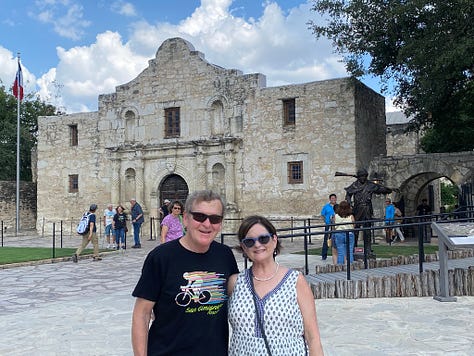
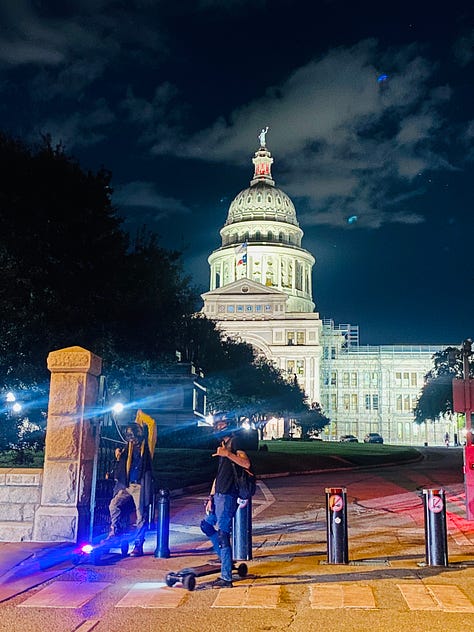
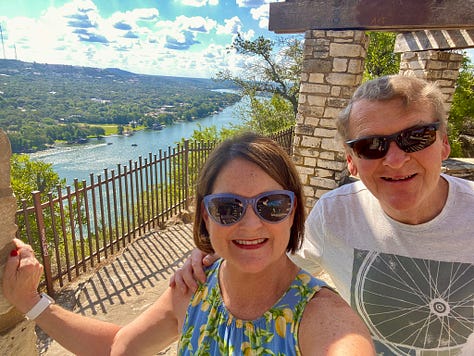
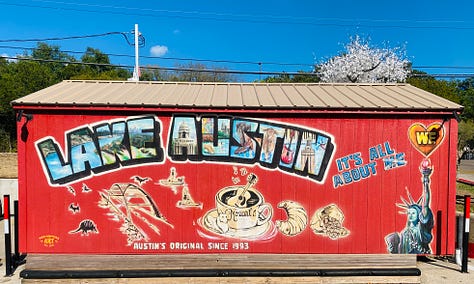
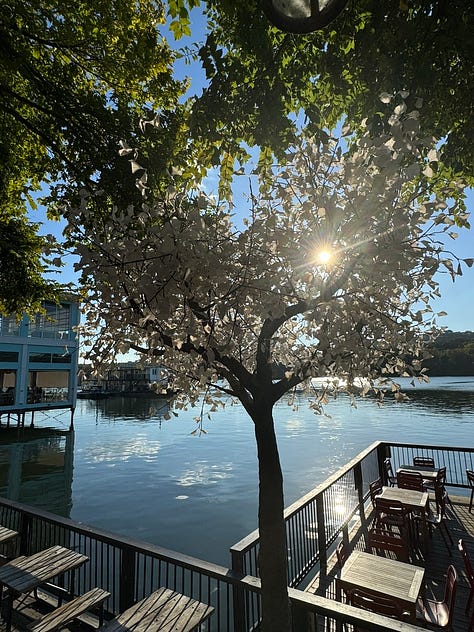

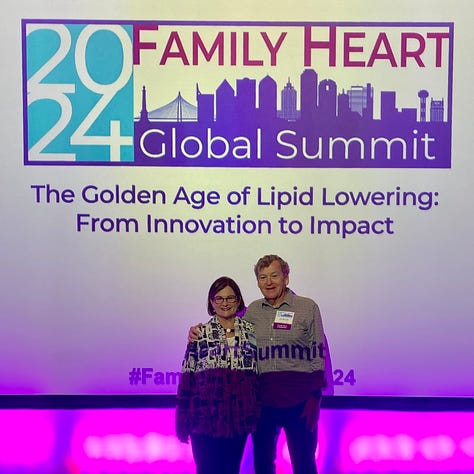
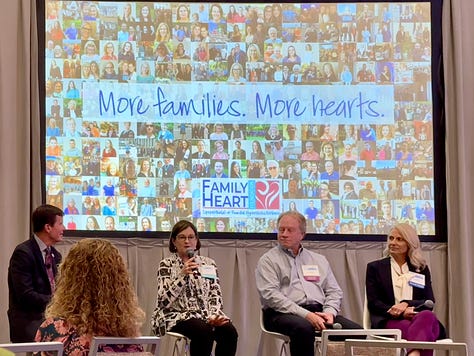
As Ambassadors for the Foundation, Kevin and I always enjoy attending the Global Summit, where Nobel Prize winners and reknowned physicians and geneticists and researchers share their deep well of knowledge, then mingle with community members who have lived experience with familial hypercholesterolemia and elevated Lp(a). This event was extra special for me, as I was honored to join the Board of Directors and also speak briefly on the work we’ve done to spread the word about these vastly underdiagnosed disorders. Learn more about these common, treatable disorders here and here.
Or send me a message. One of my favorite things to do is connect one-on-one with folks who are (or suspect they may be) dealing with these genetic disorders in their families.
Inspiration Everywhere
I was saddened to learn that CNN Anchor Alisyn Camerota’s husband recently died from pancreatic cancer. Though I’ve never had a loved one die from this terrible disease, I’ve been close to a handful of people who have. Learning that her young family had lost a husband, a father, touched me deeply.
Recently, Camerota published a piece on CNN.com, 5 Things Not to Say to a Grieving Friend, which includes a video where she speaks with clinical psychologist Dr. Jeff Gardere about grief and loss.
Camerota discusses the well-meaning things people said to her in her grief (none of the “he’s in a better place,” or “God needed another angel,” or “at least you’re young and can remarry” blundering most of us have learned to avoid). No, these words, which obviously came from a place of caring, sound like benign statements that hit entirely differently when someone is deep in the throes of grief.
In this concise and generous piece, she explains why each of the five things she frequently heard was difficult and offers straightforward alternatives that would speak more effectively to grievers.
Alisyn shares:
I’ve seen friends and neighbors struggle for the right words, and I’ve been surprised by how even the kindest questions can set me off.
I can relate. Messages like “How are you?” “How can I help?” “I can’t imagine,” and others, said with only the kindest intentions, can feel daunting when you’re still trying to figure out how to put one foot in front of the other or, worse yet, wondering why you’d want to do that at all when one of your essential people is gone. The mental maze, for me, went something like this:
I have no idea how to answer those questions or relate to those statements. I have no idea how I am, and the thought of formulating coherent sentences to relay that to you, much less figure it out for myself, takes more energy and clarity than I can muster. I have no idea what I need, or maybe more accurately, the one thing—the one person—I do need isn’t here, so what does it matter anyway? You can’t imagine? No, you’d prefer not to…I wish I had that luxury.
When I was deep in grief, all of this was true.
Yet…and (because we can indeed hold two things at once)…there were other feelings. I was grateful for friends and family members who cared enough to try. Regardless of their occasional inadvertent, well-intended missteps, I needed them. I needed them to show up for me, as steeped in aloneness as I was. I needed them to call or come by with snacks or wine or even empty-handed, to ask me their sometime insensitive questions. I needed them to be.
All to say: Lists of suggested things to say or not to say, to do or not to do for folks we love who are grieving are just that: suggestions. I’ve assembled one of these lists as well, Five Ways to Support Those Who Grieve, which will be a preorder bonus for those who order The Full Catastrophe in advance of publication (more on that soon). So I’m in no way a proponent of ignoring advice in this regard.
But when these suggestions begin to feel more like rigid guidelines, when it begins to feel as if there will be a test at the end, when we begin to be so afraid of saying the wrong thing that we say nothing at all—this is when it’s time to toss the advice and speak straight from the heart.
In short, don’t let perfect be the enemy of good.
As Camerota concludes,
It’s OK to say you don’t know what to say. It’s also OK to wait a beat before saying it. Last week, I got a text from an old friend who I’d not heard from in the months since my husband’s death. She said, “I haven’t found the right words to text you.”
I knew exactly what she meant, and somehow those words felt just right.
IF YOU’RE ON THE LAUNCH TEAM: A million thanks for reading, for your reviews, for your suggestions. For all of it. If you haven’t had time to read yet, no worries. In the Northeast it’s full-on fall, which drips cozy—comfort food, a roaring fire inside or out, and a fuzzy blanket to cuddle up in while reading a good book. (See what I did there?)
That’s all for now. Thank you so much, each of you, for reading this far, for sharing, and for joining this growing community of folks who believe in the importance of educating and supporting and sometimes holding each other up through all life throws our way.
As the sticker on my car’s rear window proclaims, “You Matter.”
Four months till book launch! Preorders for The Full Catastrophe are coming soon! If you’re a launch team member, please remember to click “want to read” on Goodreads and post a review when you’re finished reading. Both are so important for helping new readers find my book.
If your LDL-C cholesterol is over 190, doesn’t change with lifestyle modifications, and you have a family history of early heart events, you could have FH. And ask your physician to test your Lp(a) (say it: “L-P-little a”), since it’s elevated in 1 in 5 individuals yet is hardly ever checked. Feel free to get in touch—I’m happy to chat with you and point you in the right direction to get the information you need.
Check out Alisyn Camerata’s helpful piece and video. And remember—there’s no test at the end. Read advice on what to say to or do for those in grief, then speak from the heart. Saying something well-intentioned, even if you miss the mark a bit, is better than remaining silent. Folks in grief need your sincere, imperfect love. We all do.
Till next time,




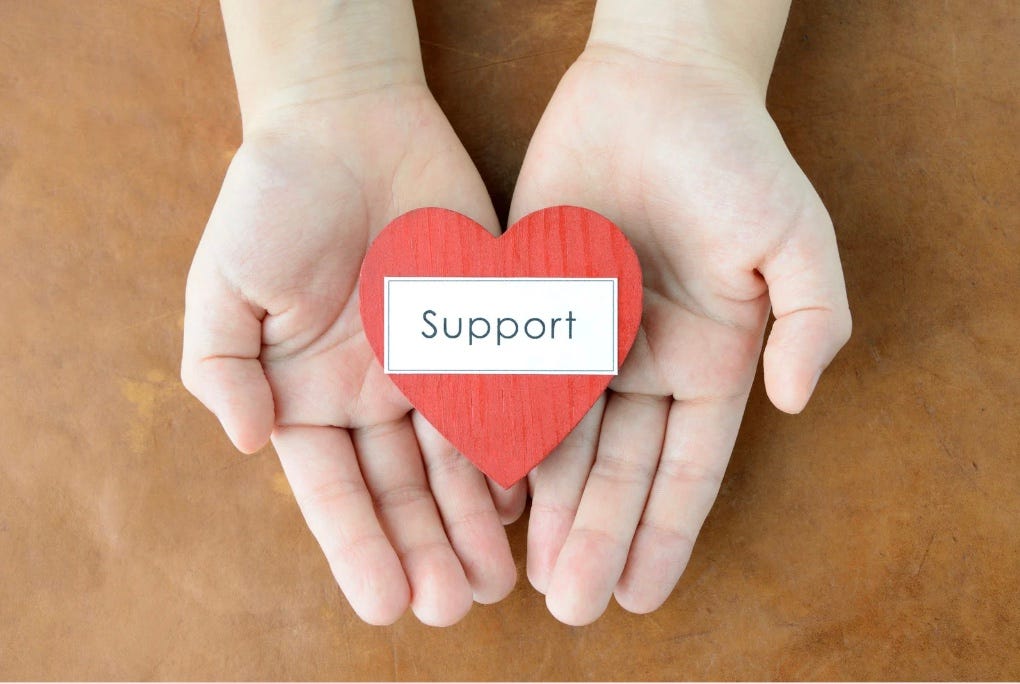

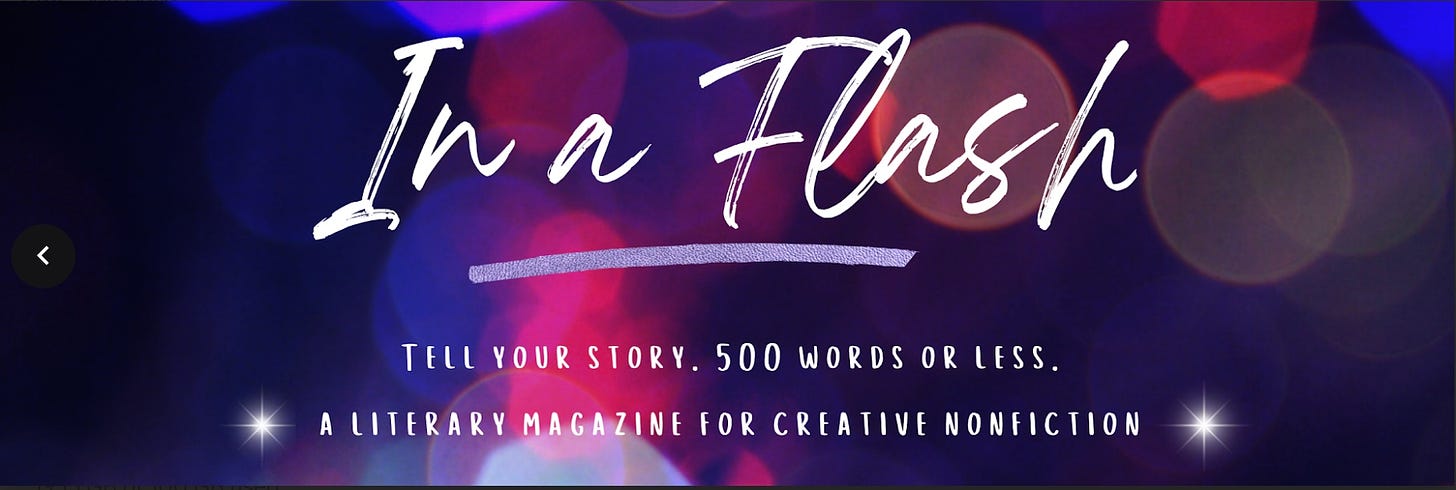
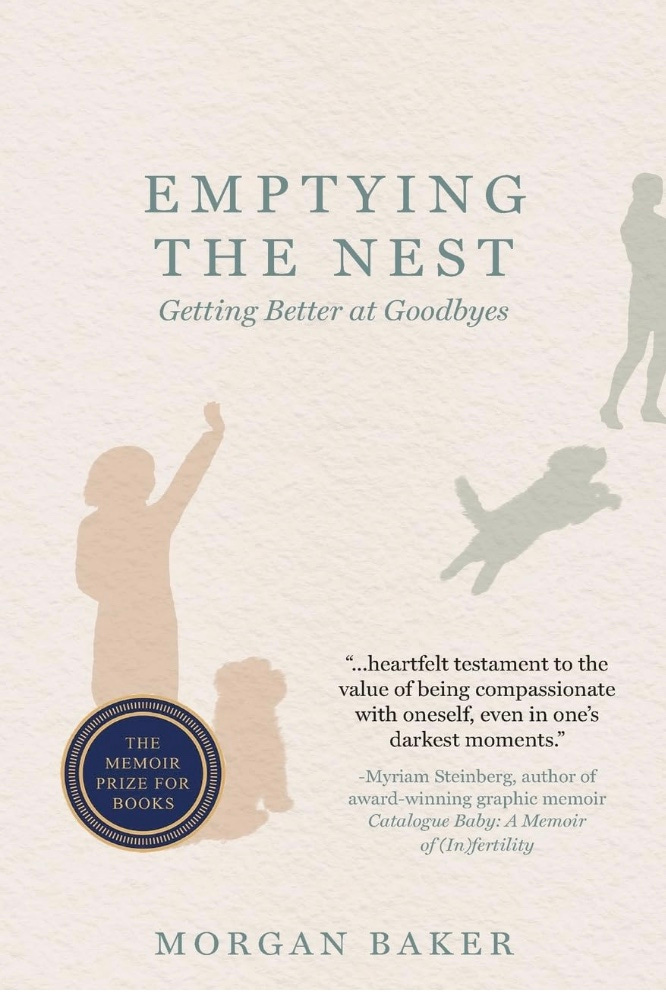
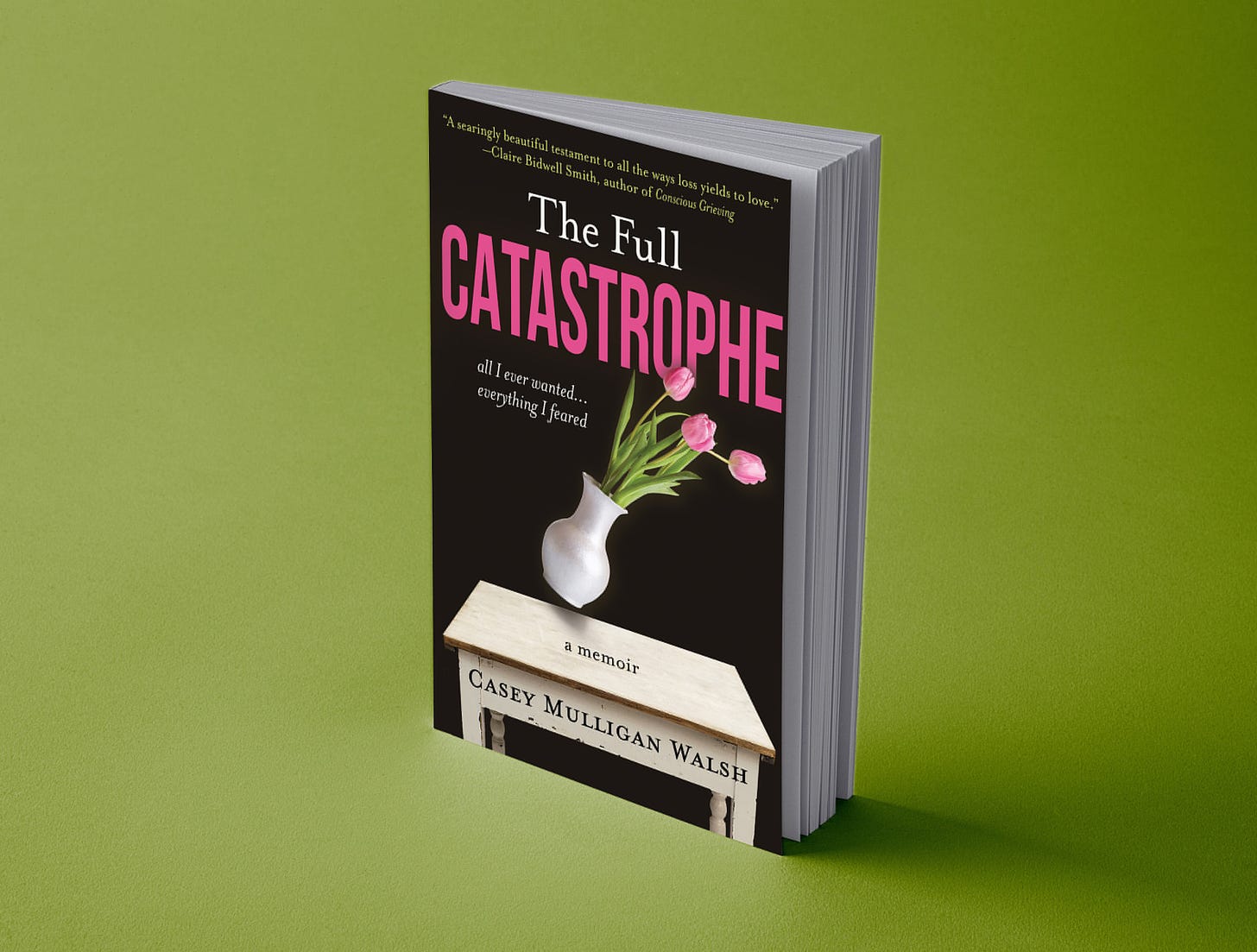
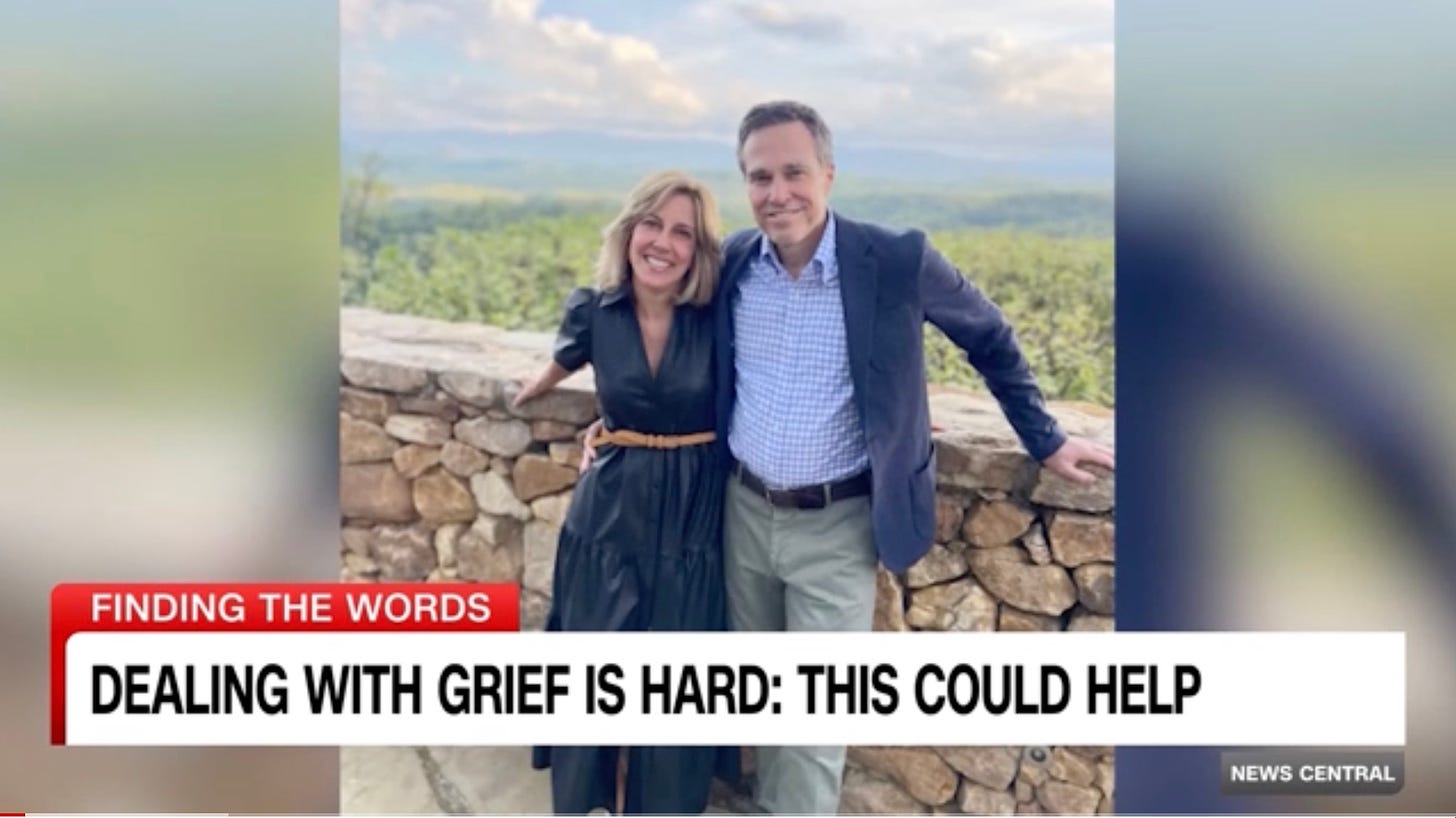
I adore you and your energy! Also, I mentioned TFC to a friend in need of grief-support and she said, “Oh, I need to read that.” I’m happy to be your people friend. xxx
Beautiful post, as always, Casey! I love the way you're able to capture the nuance of living through grief. So many things can be true-- heartbreakingly, humanly so-- at once.